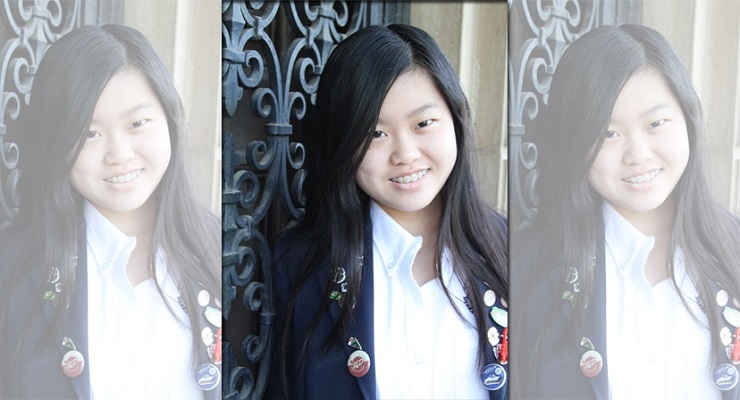 Betsy Sinclair ’98 is currently an assistant professor of Political Science at the University of Chicago. Her new book is titled “The Social Citizen: Peer Networks and Political Behavior” and it was on this topic that she was invited to speak at Harvard Law School on October 25. Her lecture, titled “Mind Sciences and the Election: The Social Citizen,” discussed the roles peer groups and peer pressure play in our decision to vote and how to vote.
Betsy Sinclair ’98 is currently an assistant professor of Political Science at the University of Chicago. Her new book is titled “The Social Citizen: Peer Networks and Political Behavior” and it was on this topic that she was invited to speak at Harvard Law School on October 25. Her lecture, titled “Mind Sciences and the Election: The Social Citizen,” discussed the roles peer groups and peer pressure play in our decision to vote and how to vote.
Sinclair likens giving money to a candidate when in a crowd of others being asked to donate money to the “Tupperware effect” – or going to a “Tupperware party” and buying items you may not need or want because others around you purchase items. This effect of the social pressure one person has upon another can be seen in get out the vote efforts and political rallies, Sinclair argues. She showed an experiment she executed in Chicago, highlighting the shame effect infrequent voters feel if they live with someone who votes frequently. “It’s not the message but the messenger that matters,” Sinclair concluded.
Betsy Sinclair attended the University of Redlands for her undergraduate degree and received her Master’s and PhD degrees from California Institute of Technology. She has been published in several journals and has received numerous awards for her work and research. Visit her professional website here.












